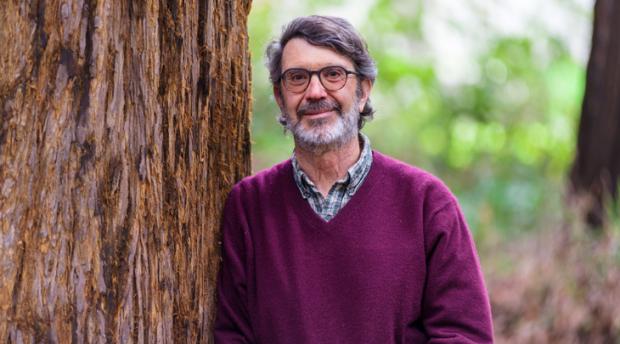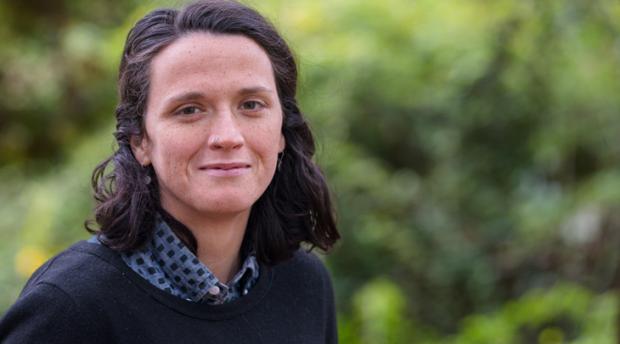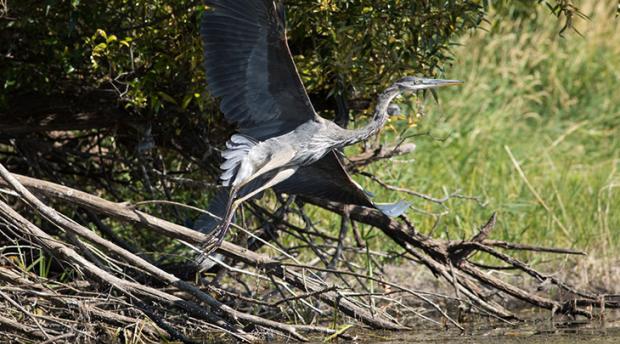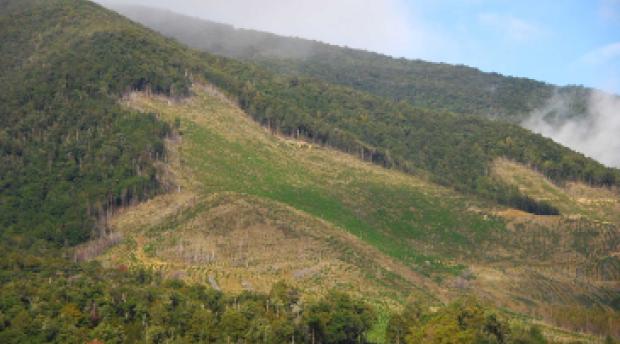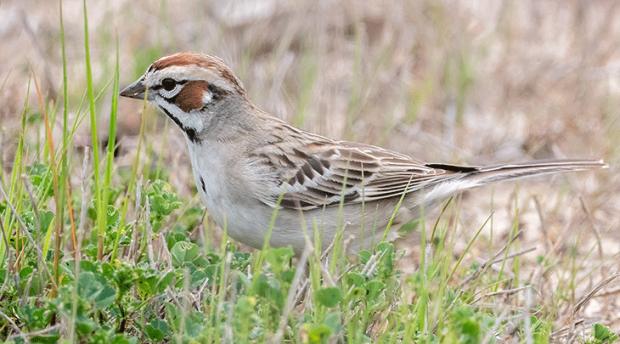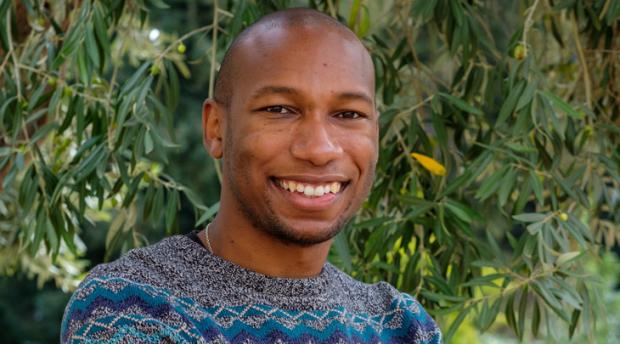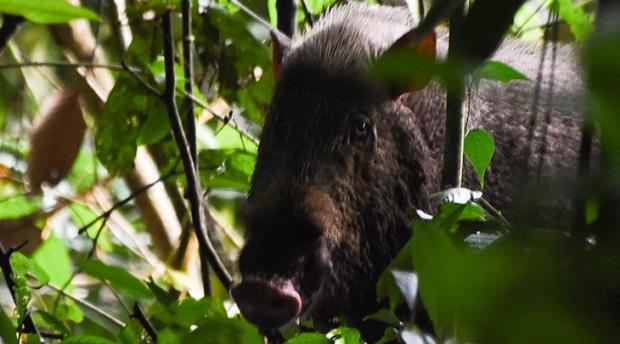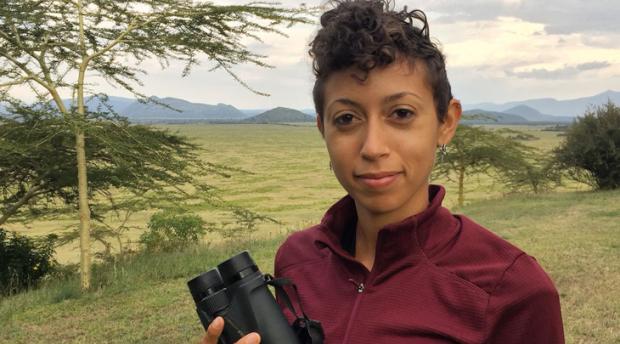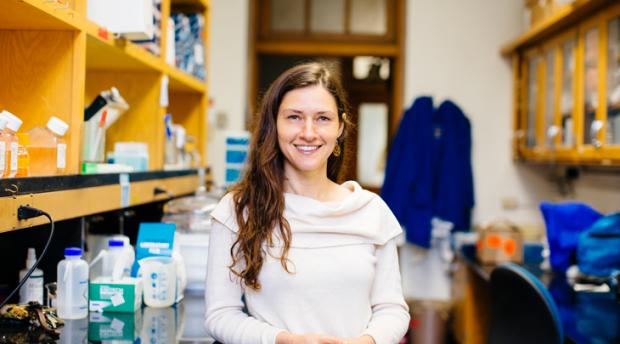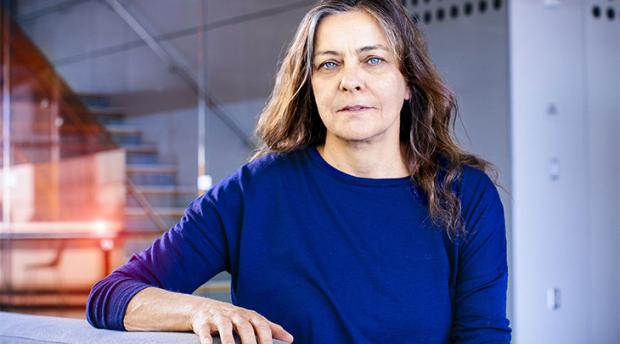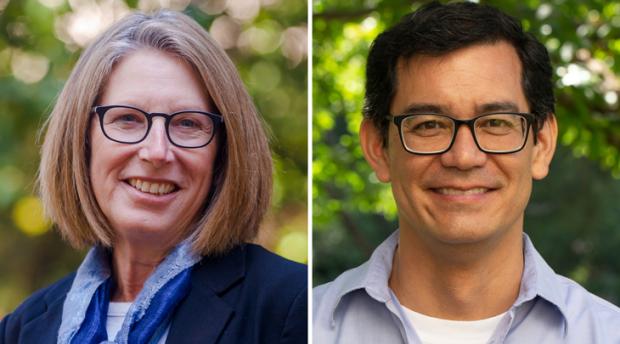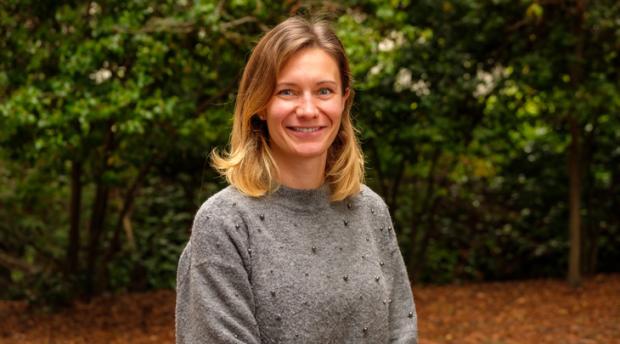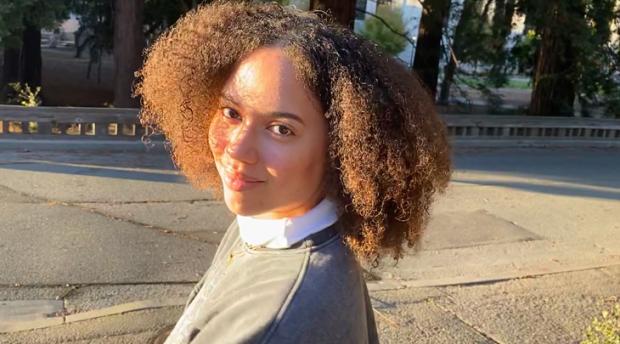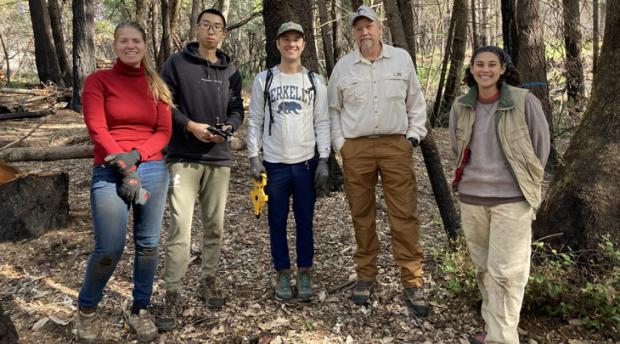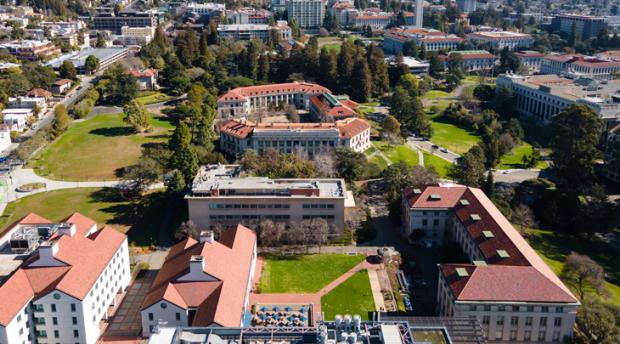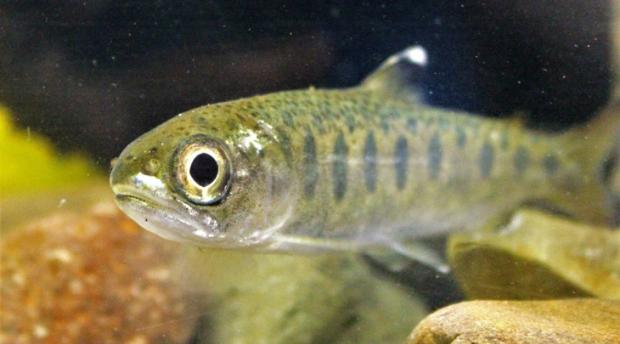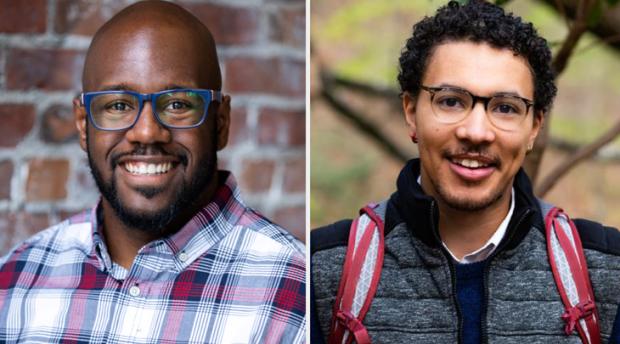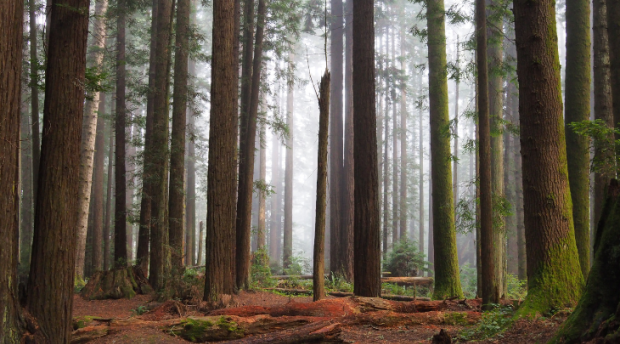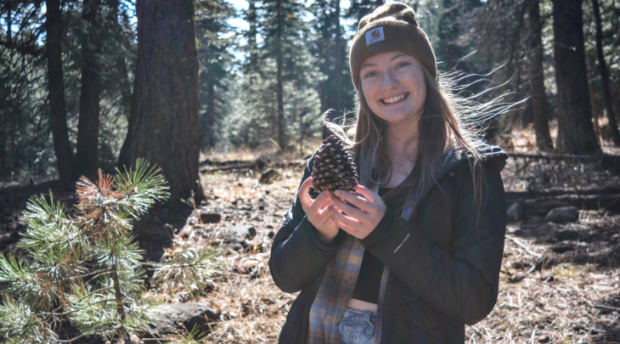Baldocchi received an honorary doctorate for his contributions to biometeorology and leadership of the FLUXNET Network.
Kristin Dobbin appointed to SAFER Advisory Group
Dobbin will advise California water regulators on expanding access to clean drinking water for all communities.
Berkeley researchers present plan for freshwater conservation
As the 30x30 conservation initiative gains momentum around the world, Rausser College researchers call for a focus on rivers, lakes, and wetlands.
Will war in Ukraine escalate the global land rush?
Sustained price hikes and supply issues caused by the war may fuel a new wave of large-scale land acquisitions.
Climate change, urbanization drive major declines in L.A.’s birds
In a study published today in Science Advances, ESPM researchers reveal how land use change has amplified—and in some cases mitigated—the impacts of climate change on bird populations in California.
ESPM grad student Kendall Calhoun named 2023 Smith Fellow
The fellowship will support Calhoun’s continued research on the impact of California’s megafires on wildlife.
ESPM Graduate Research Symposium: GradFest 2023
The 2023 ESPM Graduate Symposium will be taking place in-person at the David Brower Center and via Zoom this year. Join us on Wednesday, May 3rd from 9:00am - 6:30pm to hear research presentations from ESPM’s finishing graduate students, and introduction from RCNR Dean David Ackerley, a keynote speaker presentation, and much more!
In the rainforests of Borneo, people and wild pigs are fundamentally linked
A new study explores the deep ties between people and pigs in Borneo, a connection the authors say underscores the importance of understanding our broader link to nature.
Christine Wilkinson receives Rising Black Scientist Award from Cell Press
The annual award provides funds and supports professional development to help break down barriers for Black scientists.
Erica Bree Rosenblum delivers TEDxBerkeley Talk on biodiversity
Rosenblum, a professor of global change biology in ESPM, shares ways we can feel more connected to our global ecosystem in this recording of her presentation.
Jill Banfield Wins the 2023 van Leeuwenhoek Medal
Banfield, a pioneering biogeochemist and geomicrobiologist, is the first woman to receive the prestigious award in its 125-year history.
Whendee Silver and Neil Tsutsui named AAAS fellows
The pair join NST professor David Moore as newly elected American Association for the Advancement of Science fellows, one of the most distinctive honors within the scientific community.
Linking Water from Land to Sea Level Rise
In an interview with NASA, Manuela Girotto explains how she merges satellite measurements and computer models to gauge how water flowing off the land might affect future sea level rise.
Student Spotlight: Jade Marum
The third-year environmental science major and African American studies minor recounts her experience at the 2022 UN Climate Change Conference.
Monitoring biodiversity in the post-fire Santa Cruz Mountains
ESPM professor Kip Will is leading a SPUR project to help monitor the effects of tree and underbrush removal on arthropod biodiversity in the post-fire Santa Cruz Mountains.
Rausser College faculty and affiliates among the most highly cited in their fields
The selected researchers rank in the top 1% in the number of scholarly citations worldwide over the last decade.
Droughts pose additional challenges to endangered Russian River coho salmon
Research led by Brian Kastl, a PhD candidate in ESPM, outlines a deadly mismatch in water flows and temperatures for young salmon headed to sea.
'Newly emerging' field of Urban Ecology comes to UC Berkeley
Read more about last spring's special topics class on Urban Ecology, co-taught by ESPM professor Christopher Schell and graduate student Tyus Williams.
California’s 2022 Fire Season: “A Remarkably Different Year”
Scott Stephens, professor of fire ecology in ESPM and co-director of Berkeley Forests, broke down 2022's "remarkably different" fire season for the Public Policy Institute of California.
Student Spotlight: Ashlyn Olah
Olah, a fourth-year Society and Environment major and Master of Forestry student, shares how the Dixie Fire inspired her to pursue a career in forestry.


